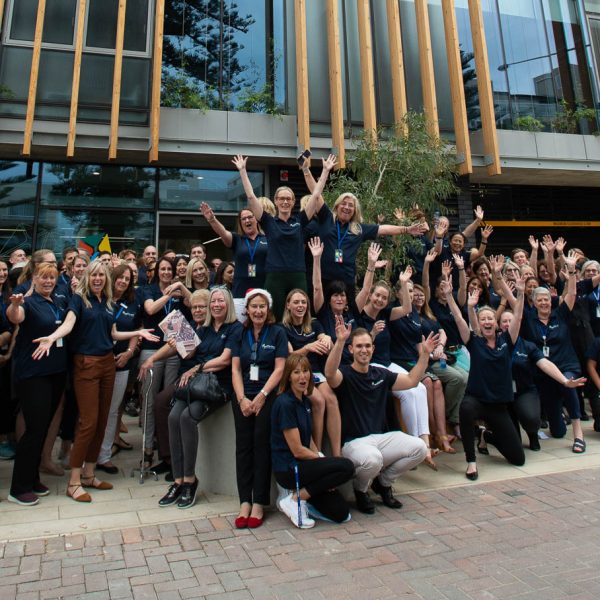SNAICC responds to Thrive by Five report

SNAICC – National Voice for Our Children has welcomed new polling highlighting challenges with accessibility and rising costs of early childhood education and care (ECEC) in regional and rural areas.
The poll of more than 4,000 parents across the nation conducted by Essential Research for the Thrive by Five campaign found:
- 91 per cent of parents in regional Australia believe childcare costs have gone up over the past three years;
- 79 per cent of parents in regional Australia said much cheaper access to good quality childcare would help their families; and,
- 73 per cent of families in regional Australia support the adoption of universal childcare, up from 69 per cent in 2021.
Previous research from the Mitchell Institute found 62.6 per cent of people living in outer regional areas in Australia are living in ‘childcare deserts’ with inadequate access to high-quality early learning. According to the report, there are approximately 1.1 million Australians living in regional and remote areas with no access to childcare at all.
“This new data confirms what parents in the country and remote communities already know – families with the most barriers to early learning need those barriers removed,” said SNAICC CEO Catherine Liddle.
“It’s critical that every Aboriginal and Torres Strait Islander child has access to affordable, quality and – importantly – culturally appropriate early learning and care. No child and family should miss out.”
“We need a greater focus on community-led and Aboriginal-led centres, with support to increase their number and make them more affordable for all children and families.”
Ms Liddle says that the prevalence of childcare deserts in regional and remote areas with high Aboriginal populations means that it’s “not surprising we are seeing less Aboriginal and Torres Strait Islander children assessed as being developmentally ready for school”.
“We must turn around the widening gap in school readiness. The changes to the activity test and increase in subsidised childcare for Aboriginal and Torres Strait Islander children is a step in the right direction but there is still more needed.”
SNAICC expressed a desire to work with federal, state and territory governments to make sure every Aboriginal and Torres Strait Islander child receives the services and support they need to thrive.
Popular

Workforce
Policy
Quality
Practice
Provider
Research
ECEC must change now, our children can’t wait for another inquiry
2025-07-02 07:47:14
by Fiona Alston

Events News
Workforce
Marketplace
Practice
Quality
Provider
Research
An exclusive “Fireside Chat” with ECEC Champion Myra Geddes
2025-07-01 11:25:05
by Fiona Alston

Workforce
Practice
Provider
Quality
Research
Supporting successful transitions: Big moves, big feelings
2025-06-26 11:00:30
by Fiona Alston













